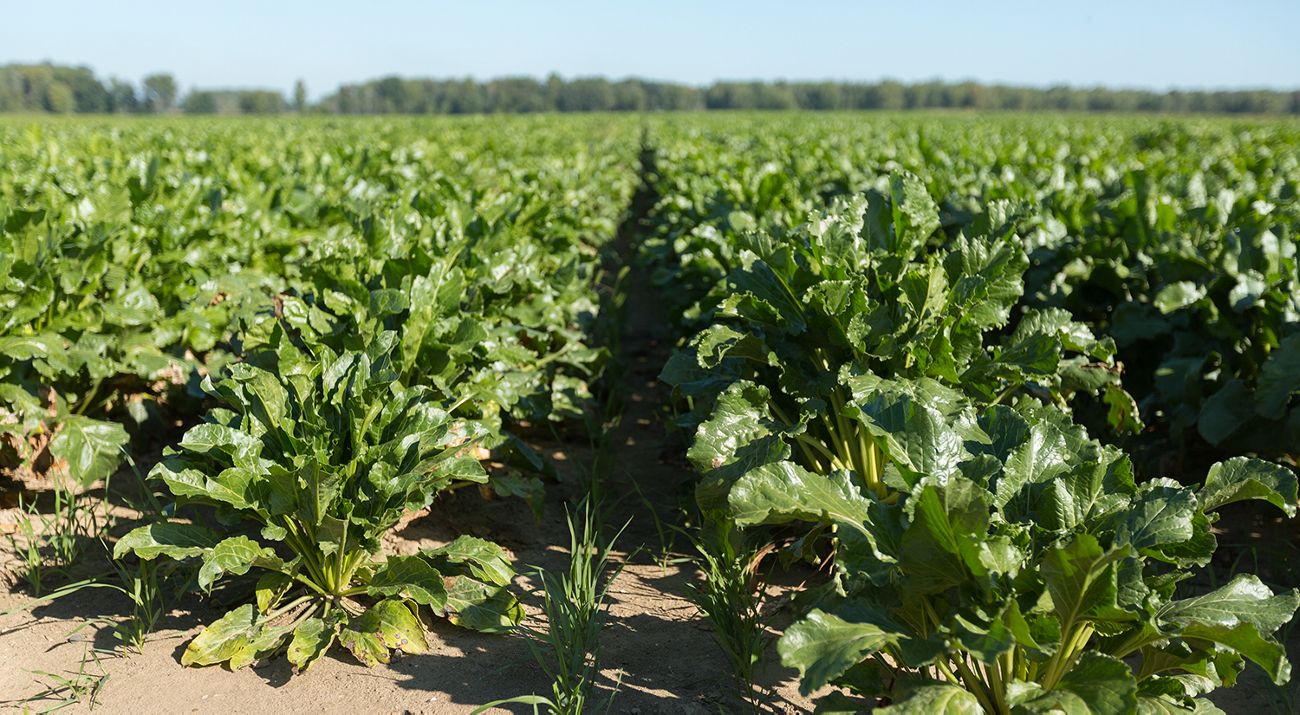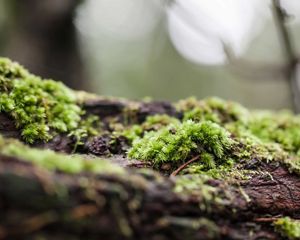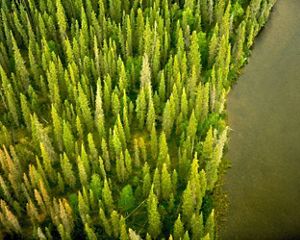Nature United Commends Federal Government Launch of Sustainable Agriculture Strategy Consultations
Media Contacts
-
Jacqueline Nunes
Director of Marketing
Nature United
Email: jacqueline.nunes@natureunited.ca
UN Biodiversity Conference – COP 15 – Ottawa, ON – Today, Minister of Agriculture and Agri-Food Canada, the Honourable Marie-Claude Bibeau, launched consultations to develop a Sustainable Agriculture Strategy (SAS), with the goals of ensuring Canada’s agriculture sector is ready and able to thrive in a changing climate, recover quickly from extreme events, and ensure a steady food supply for domestic and global populations.
Nature United commends the launch of this strategy and will contribute through an Advisory Committee (SAS-AC), which will help identify shared solutions as Canada works to strengthen the sector’s resiliency to climate change, protect biodiversity, and remain globally competitive.
Amanda Reed, Director of Strategic Partnerships, will bring Nature United’s science and research in Natural Climate Solutions to the Advisory Committee, as well as her decade of domestic expertise supporting Indigenous communities as well as North America farmers and ranchers with sustainable land management practices.
“At today’s inaugural meeting of the SAS Advisory Committee, it was promising to see partners across the supply chain come together and engage in a collaborative dialogue as the Canadian agriculture sector works to protect environmental values and build climate change resiliency and long-term competitiveness. Peer-reviewed science led by Nature United proves nature is a critical tool for mitigating climate change, with the agriculture pathways studied accounting for 48% of the emissions reduction potential by 2030. We look forward to bringing our unique perspective to the committee and working together to protect the environment, strengthen a sustainable economy for Canada, and grow the livelihood of farmers and ranchers.
The creation of the SAS and SAS-AC shows that the sector is ready to work together to translate the Natural Climate Solutions agricultural pathways into tangible action. We look forward to working collaboratively to better understand what is currently happening on farms and ranches across Canada, what barriers are faced across the supply chain, and what incentive structures can be invested in to achieve the full climate mitigation potential of agriculture lands, while advancing a sustainable and competitive agriculture sector. Farmers and ranchers have been leading sustainability efforts for generations. Now is the time to recognize these efforts and make it easier for a more fulsome transition to regenerative practices that support a healthy environment and climate, and benefit farmers.
Nature United will bring our world-leading research as well as decades of on the ground experience to support Canada’s position as a key producer of sustainable food and agriculture products. In partnership, this committee will support the shared goals across the supply chain for the health of our environment, farms, agri-food sector and, ultimately, Canadians.”
Amanda Reed, Director of Strategic Partnerships
Nature United was founded as a Canadian charity in 2014, building on decades of conservation in Canada. Headquartered in Toronto, our organization has field staff located across the country. Nature United supports Indigenous leadership, sustainable economic development and science and large-scale conservation, primarily in British Columbia, the Northwest Territories and Manitoba. Our organization is also working to accelerate Natural Climate Solutions at national and regional scales. To learn more, visit natureunited.ca or follow us on Linkedin, Instagram and Facebook.
We are the Canadian affiliate of The Nature Conservancy, a global conservation organization with more than a million members and a diverse team that includes more than 400 scientists. Our global organization works in more than 80 countries and territories — either directly or through partnerships — to conserve the lands and waters on which all life depends. To learn more, visit www.nature.org or follow @nature_press.


